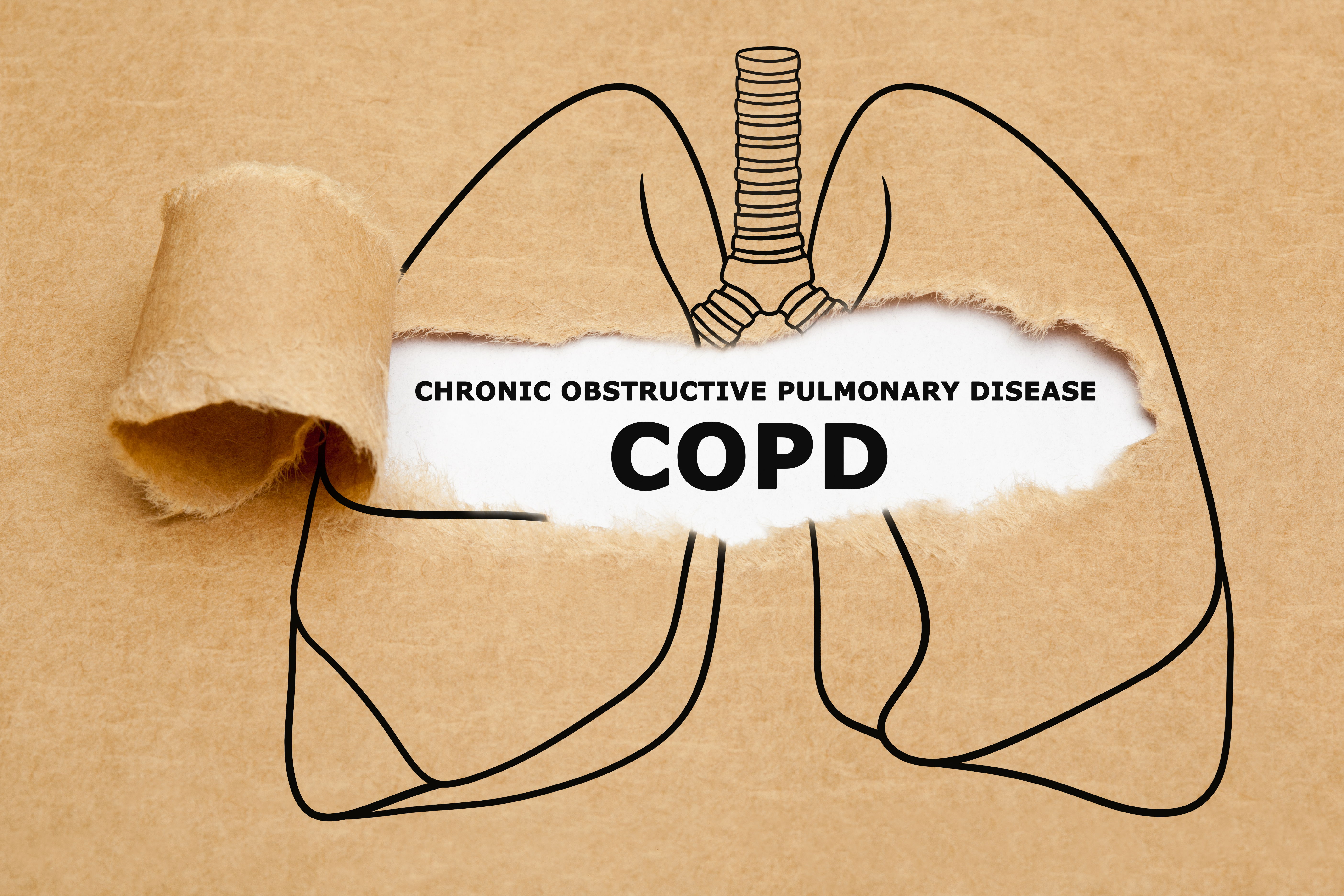Chronic Obstructive Pulmonary Disease (COPD): Precautions and Treatment in Dehradun
Chronic Obstructive Pulmonary Disease (COPD): Precautions and Treatment
2. Maintain a Balanced Diet
In order to support the strength of your respiratory muscles, it is recommended to consume a sufficient amount of protein twice daily. This can be accomplished by incorporating foods such as milk, eggs, cheese, meat, fish, poultry, nuts and dried beans or peas into your diet. If weight loss is a goal, opt for low-fat protein options such as lean meats and low-fat dairy products instead.
3. Monitor Blood Sugar Levels Regularly
Monitoring COPD (Chronic Obstructive Pulmonary Disease) involves utilizing a range of methods to evaluate lung function, measure oxygen levels, and track medication usage. Essential equipment for this includes spirometers, pulse oximeters, and devices for remote patient monitoring.

4. Engage in Regular Physical Activity
Maintaining a consistent exercise routine is crucial for those living with Chronic Obstructive Pulmonary Disease (COPD) as it plays a significant role in enhancing their overall well-being. Despite initial hesitation due to breathing difficulties, research has demonstrated that regular physical activity can strengthen respiratory muscles, increase oxygen utilization, and effectively manage symptoms such as breathlessness.
6. Take Medications and Insulin as Prescribed
It is essential to follow the prescribed regimen for COPD medications in order to effectively manage the disease and enhance lung function. Consistently adhering to these medications can assist in lessening symptoms, preventing flare-ups, and enhancing overall quality of life.
10. Quit Smoking and Limit Alcohol Consumption
For patients with COPD, it is crucial to quit smoking in order to manage the disease and hinder its advancement. While the connection between alcohol and COPD is not as well-defined, it is generally advised to restrict or completely refrain from Alcoholic drinking, as it can exacerbate symptoms and heighten the chances of respiratory infections.


